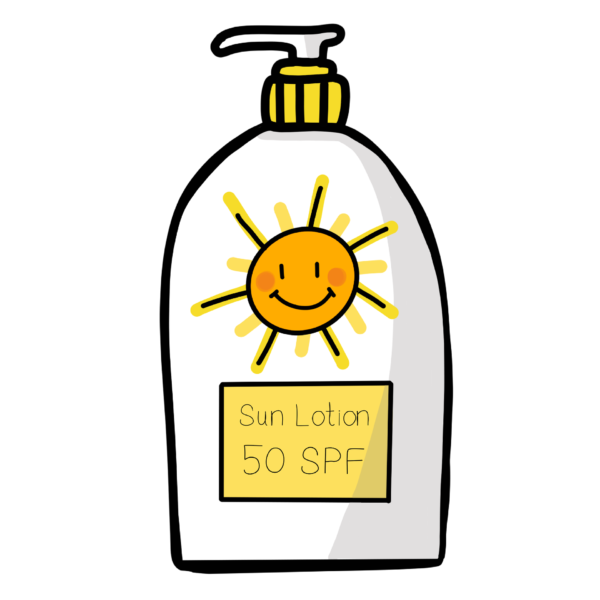What Is Reef-Safe Sunscreen and Should I Bring It?

Sunscreen is of vital importance when visiting Belize, especially if you’re fair-skinned, as the sun can be powerful in this part of the world.
However, standard sunscreens can be incredibly damaging to the environment, particularly the important reef systems that lie just off the Belizean coast. So it’s essential to use reef-safe sunscreen.
Here we walk you through what ‘reef-safe’ means, why you should use this type of product, and some ways you can protect yourself from the sun without using sunscreen.
What makes regular sunscreen unsafe for reefs?
Regular sunscreens often contain one of two compounds, oxybenzone or octinoxate, both of which are damaging to delicate ocean ecosystems, including coral reefs.
When you swim or shower with these types of sunscreens on your skin, the chemicals make their way into the water, eventually causing the reefs to bleach.
Once a reef is bleached, it is still alive but becomes more fragile and susceptible to disease and death.
As well as being a hugely popular tourist attraction, we also know that coral reefs are essential to maintain the health of our oceans, so we must make sure we protect them.
Using reef-safe sunscreen is one easy way in which we can do this.
What’s the difference between reef-safe and biodegradable sunscreens?
When you look for reef-safe sunscreen, you may also come across the term biodegradable. But what is the difference between reef-safe and biodegradable?
Basically, these terms are interchangeable. Like reef-safe sunscreens, biodegradable sunscreens break down over time and don’t contain chemicals that are known to cause damage to coral reefs.
Which are the best reef-safe sunscreens?
There are a few pointers to consider when choosing a sunscreen that will do the least damage to our oceans:
- Choose a sunscreen that contains something called ‘non-nano particles’. Basically, this means that the particles are too large for coral reefs to ingest, which should limit the damage that they cause.
- Try to find a sunscreen made from zinc oxide or titanium dioxide, both of which are believed to be safer for the environment.
- Check this list, which rates hundreds of sunscreens based on their environmental safety (and also gives tips on which chemicals to avoid).
- Use a sun cream, rather than a sun spray. When you spray on your sunscreen, it can easily land on the sand and will later be washed into the sea.
Can I buy reef-safe sunscreen in Belize?
Unfortunately, it is almost impossible to find reef-safe sunscreen in Belize. It’s therefore important that you buy the correct type in your own country and take it with you when you visit.
How to protect yourself from the sun without using sunscreen
Of course, you always have the option not to wear sunscreen at all. While we wouldn’t recommend basking in Belize’s blazing sun for hours at a time without protection, here are a couple of suggestions on how to protect yourself from the sun:
- Look for shaded areas, or use an umbrella, so you have less direct exposure to UV rays.
- Avoid spending time in the sun when it’s at its strongest, between 11 am and 3 pm.
- Wear clothing that contains SPF, which will act as a barrier between you and the sun without causing damage to the ocean.
Written by: Dwayne S Tomkewich
World traveler, writer, and artist. http://www.hopkinsbz.com
Article Source: https://EzineArticles.com/expert/Dwayne_S_Tomkewich/1366441
